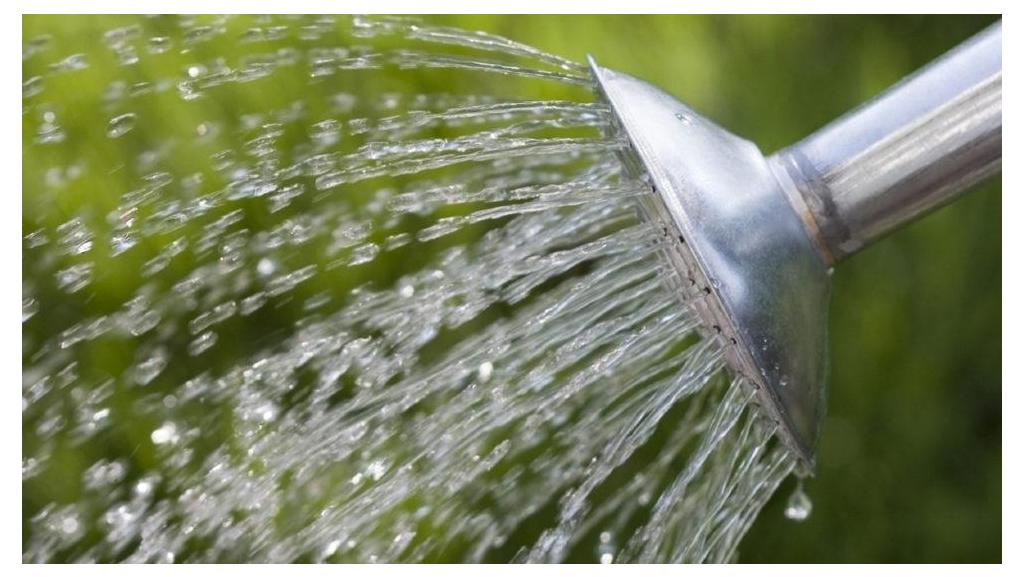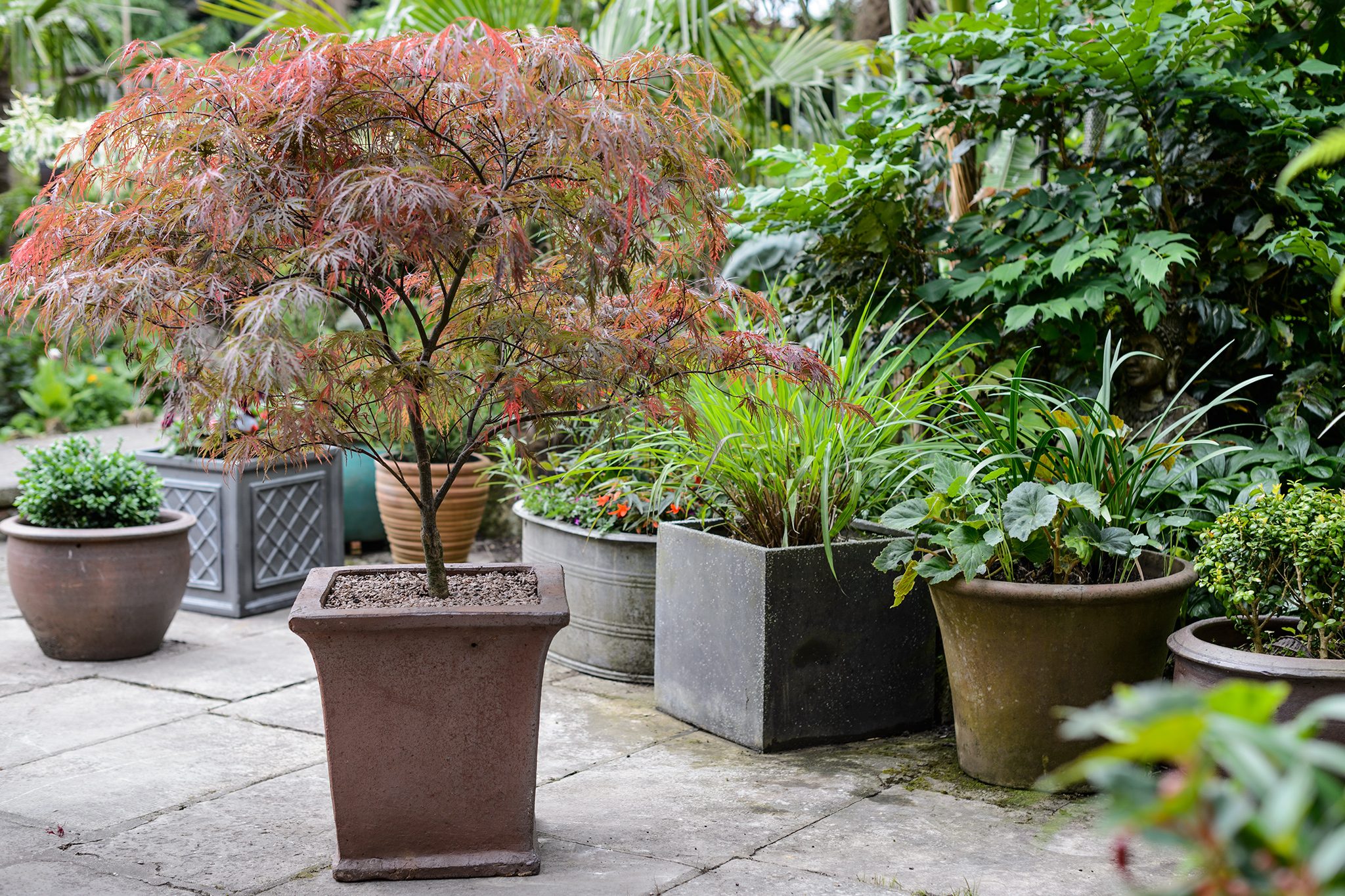MULCH
WHY-WHEN-HOW
Mulch is often referred to as the gardener’s friend. Nothing adds to the looks of a well-cared for landscape more than properly mulched and edged beds and borders. Mulch protects plants and bare soil, also helps to prevent erosion over the winter. In spring it helps suppress weeds, locks in moisture and adds nutrients to the soil. Like most things there are many different products to use for mulch. There are proper times to mulch and proper ways to put down mulch.
Simply put mulch is any material that covers the soils surface. In nature it’s fallen leaves and other debris. In our garden it may be compost, shredded bark, rotted manure, peanut hulls, pine needles, cardboard and more.
Two things that I see used as mulch often are rock or gravel and wood chips. Let me make it plain that I do not consider either of these products mulch. Either of these products usually do more harm than good. Rock may look good when first applied but they soon get dirty and scattered across the yard. They also are open and weed seed drifts in and down to the soil making the bed hard to weed. The main drawback to rock, however, is the heat they absorb. A rock bed in full sun may reach temperatures of 150 to 160 degrees in hot summer sun. Many plants such as azaleas and dogwood, most spring blooming plants, simply cannot tolerate this kind of heat on their roots. They struggle along never looking very good, not dying but not performing well.
Wood chips are used mostly because normally they are free. Tree maintenance companies will give them to you to get rid of them. If they really made good mulch, they would sell them. The chips dry out and become hard almost like rock. They will not absorb moisture, are very slow to break down and in a heavy rain may even float away.
Some of the benefits to mulching are:
- Reduces weed growth
- Reduces water loss
- Moderates soil temperature
- Protects bare soil
- Protects plants from harsh conditions
- Keeps soil warm in winter
- Keeps soil cool in summer
- Prevents soil from crusting
- Keeps plants clean
- Increases soil fertility
- Makes it easy to trim around beds and trees
- Improves plant health
- Makes gardens more attractive.
That’s a baker’s dozen so I will stop there. I could go on.
While there are many advantages to mulching there also can be some disadvantages.
Too much mulch may prevent water and oxygen from reaching the roots of the plant. Never apply a depth of more than 2 to 3 inches of mulch. If it got any deeper, I would say remove some before applying fresh mulch. NEVER OVERMULCH.
When mulching around trees and shrubs NEVER pile mulch up against the plant’s trunk. Mulch holds moisture and this may cause the plants trunk to rot or get infested with insects.
As stated earlier a layer of mulch 2 to 3 inches is an ample amount to last for a season.
The following gives an idea of how much mulch you may need.
2 inches deep 18 cubic feet of mulch covers 100 square feet
3 inches deep 27 cubic feet of mulch covers 100 square feet
1 cubic yard equals 27 cubic feet
As stated earlier there are many different products that can be used for mulch. I don’t have space here to discuss all of them. The two most common ones used in Central Virginia are shredded hardwood and pine needles. Both make good mulch and do well for the area.
Shredded hardwood is easy to apply and easy to maintain. The average homeowner can keep their beds clean and neat if each time they finished mowing he would walk back by their beds with a sprayer to control the weeds. The hardwood holds moisture well and performs all the benefits stated above. I am partial to hardwood mainly because it’s what I have always used, and it does the job.
Pine needles have become popular over the last few years. People moving in from further south were familiar with them and continue to use them. Further south where long needle pines were grown the needles were free. They did a good job so why not use them.
I find them a little harder to apply and maintain but that could be because I have not used them in the past. They don’t absorb moisture like the shredded wood; therefore, they don’t break down as fast.
Hope this helps a little. If you don’t gain anything else from this, stay away from rock and wood chips.



